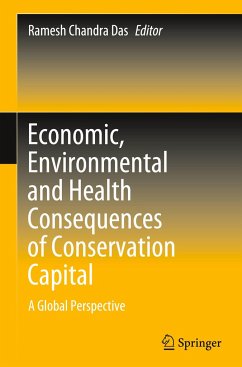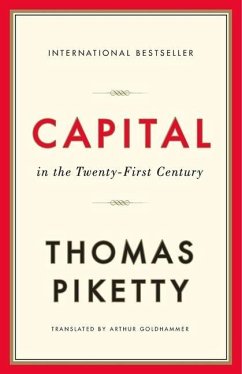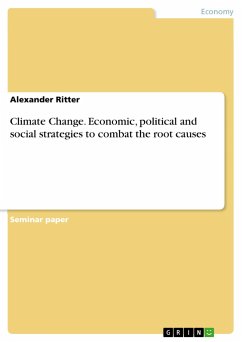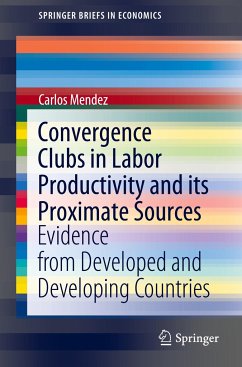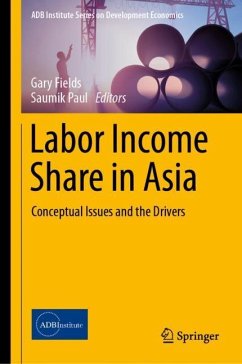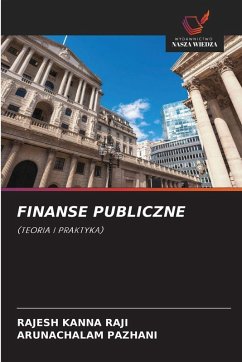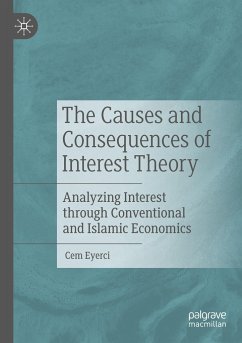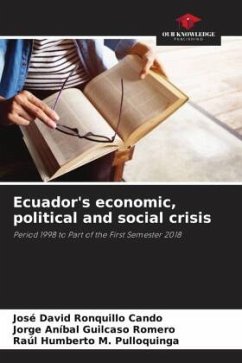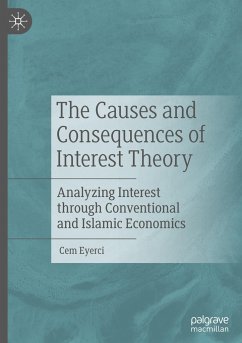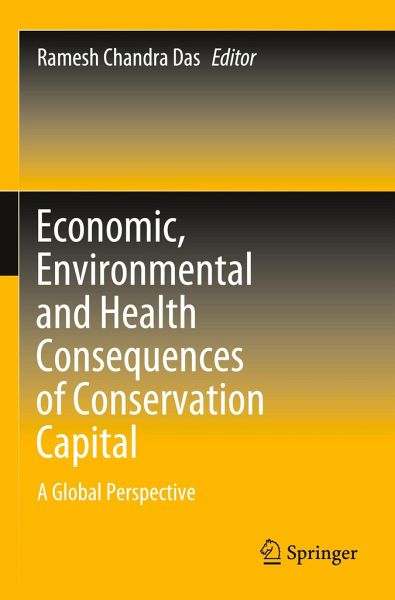
Economic, Environmental and Health Consequences of Conservation Capital
A Global Perspective
Herausgegeben: Das, Ramesh Chandra
Versandkostenfrei!
Versandfertig in 6-10 Tagen
136,99 €
inkl. MwSt.

PAYBACK Punkte
68 °P sammeln!
This book tackles the oft ignored role of conservation capital in mainstream discussions in maintaining sustainable development of a country in particular, and the world economy in general. A continuous increase in global temperature trends, climate change, and other related factors has compelled academicians from natural as well as social sciences to reorient classical thought from high growth through large resource extraction, to sustainable growth through lower extraction. This leads one to the important role of generation of conservation capital to satisfy long-term growth and development ...
This book tackles the oft ignored role of conservation capital in mainstream discussions in maintaining sustainable development of a country in particular, and the world economy in general. A continuous increase in global temperature trends, climate change, and other related factors has compelled academicians from natural as well as social sciences to reorient classical thought from high growth through large resource extraction, to sustainable growth through lower extraction. This leads one to the important role of generation of conservation capital to satisfy long-term growth and development objectives of economies.
This book covers studies on the related issues of conservation capital, environmental crisis, and health impacts from the perspectives of different countries. The highlight is inclusion of some studies on the impact of environmental degradation in relation to COVID 19 pandemic. The book coaxes policy makers to rethink on the optimum useof environmental resources for economic and social activities. The broad coverage of studies included from different regions across the globe ensures that the book finds a wide readership among students and researchers from economics and other social sciences and natural sciences, along with policy makers intent on forming policies leading to a more sustainable growth model.
This book covers studies on the related issues of conservation capital, environmental crisis, and health impacts from the perspectives of different countries. The highlight is inclusion of some studies on the impact of environmental degradation in relation to COVID 19 pandemic. The book coaxes policy makers to rethink on the optimum useof environmental resources for economic and social activities. The broad coverage of studies included from different regions across the globe ensures that the book finds a wide readership among students and researchers from economics and other social sciences and natural sciences, along with policy makers intent on forming policies leading to a more sustainable growth model.



